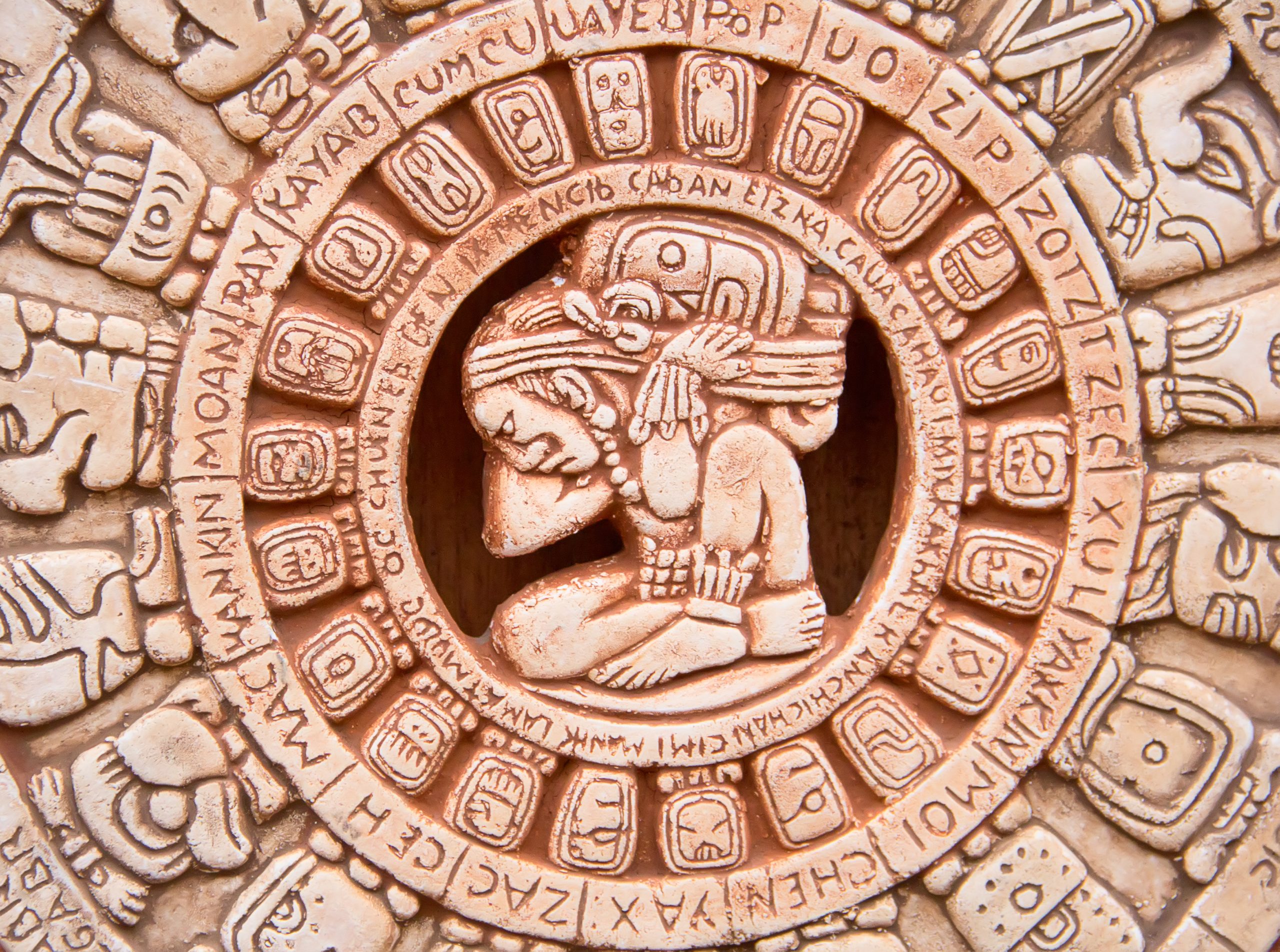January
Monthly theme: Passage of Time
Wednesday, 15th
19.00 GMT
Aging Across Cultures: A Journey Through Art and Generational Perspectives
Come along on an eye-opening journey that explores how different cultures perceive aging and how these views are beautifully captured in art. In this engaging presentation, we’ll dive into the diverse ways societies celebrate, challenge, and reflect on the aging process. From heartwarming portraits of elders in traditional Asian artworks to the bold expressions of youth in modern Western pieces, we’ll uncover the stories behind these creations.
Thursday, 16th
18.00 GMT
Masters of Time: How Switzerland Became the Epicentre of Watchmaking
This presentation winds back the clock through 500 years of horological history and explores how Switzerland became the epicentre of watchmaking. How did this small, landlocked country come to dominate the world of horology? And why are Swiss watches synonymous with luxury, commanding such high prices today? Through stories of innovation, resilience, and serendipity, you’ll gain a deeper understanding, and appreciation, of why Swiss watches continue to captivate enthusiasts and collectors worldwide.
Monday, 20th
19.00 GMT
Japanese Calligraphy – ‘calendar’
We are excited to announce our next Japanese Calligraphy workshop, where we will explore the kanji 暦 (Koyomi), meaning “calendar.” In this session, we’ll delve into the fascinating structure of the Japanese calendar, including its numbers, months, and its deep connection to nature. Together, we’ll examine how the changing seasons and natural rhythms influence the way time is marked and celebrated in Japan.
Wednesday, 22nd
18.00 GMT
Time: Creating a Meaningful Life and a Peaceful Death from Buddhist Perspective
This session will guide us through profound perspectives on understanding the value of our lives, recognising their impermanence, and exploring why the study of the dying process is central to Himalayan Buddhism. This talk connects deeply with our monthly theme, Passage of Time, offering a Buddhist lens on the fleeting nature of our time on Earth. Join us for this thought-provoking event followed by discussion with the audience.
Thursday, 23rd
18.30 GMT
Moments in Time: How Artists Chronicle Society
The talk will examining how changing trends in art are influenced by the evolving times. We will delve into how artists act as mirrors to society, capturing moments that reflect the cultural, political, and social climates of their eras. The discussion will question how much we can truly understand or relate to art from past periods, given our different perspectives today. Focusing on iconic artists such as Warhol, Haring, Rosenquist, and Hockney, we will explore how their works document their times while continuing to resonate with us in the present.
Tuesday, 28th
18.00 GMT
Shaping Time: the Foundations of Mayan Art and Architecture
Like most Indigenous cultures, the Mayans developed a complex, multi-faceted explanation of their relationship to the natural world and the cosmos. This talk introduces the elements of the Mayan calendrical system as a way to begin to understand Mayan culture. After this introduction, we delve into artworks and architecture that give visual form to their concepts of time, the creation of the Mayan cosmos and the afterlife.
Wednesday, 29th
18.00 GMT
From Eternity to Infinity: God and the Mystery of Time
This lecture will delve into the complex and enduring questions surrounding the nature of God and the concept of time. We will explore the traditional theological understanding of God as eternal and unchanging, transcending the limitations of time. This will lead to a discussion of divine foreknowledge and providence, examining how God’s knowledge of future events relates to human free will. We will develop a deeper appreciation of the intricate relationship between God and time, and the profound implications of these concepts for our understanding of the universe and our place within it.







